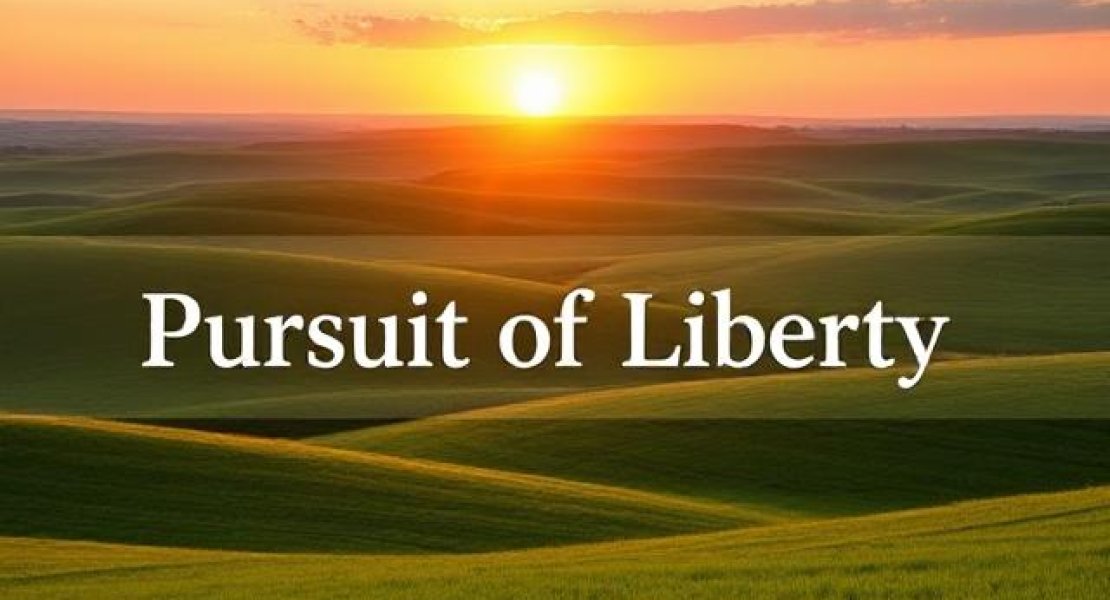Understanding Erosion of Liberty
Erosion of liberty refers to the gradual weakening of individual rights and freedoms that are typically protected by law. This process often occurs under the justification of national security or public safety.
Key Aspects of Erosion
Civil Liberties: Fundamental rights such as freedom of speech, due process, and privacy are at risk. These liberties are essential for protecting individuals from government overreach.
Historical Context: The erosion of civil liberties has been a recurring theme throughout history, often surfacing during crises like wars, pandemics, or national emergencies.
Current Threats
Government Actions: Legislation, executive orders, and judicial decisions can limit civil liberties. For example, emergency powers may be invoked during crises, leading to restrictions on freedoms.
Surveillance: The rise of technology has enabled extensive government surveillance, often justified in the name of security. This can infringe on privacy rights and create a culture of constant monitoring.
Implications for Democracy
The erosion of civil liberties poses significant risks to democratic governance. When individuals cannot express dissent or challenge authority, democratic participation is compromised. This can lead to a disengaged citizenry and weakened institutions, ultimately threatening the foundation of democracy itself.
Protecting civil liberties is crucial for ensuring a balanced society where individual rights are respected alongside collective security.
The Ontario Libertarian Party was established to help reduce the erosion of liberties. The Pursuit of Liberty is the conterforce of the Erosion of Liberty.
- Log in to post comments



